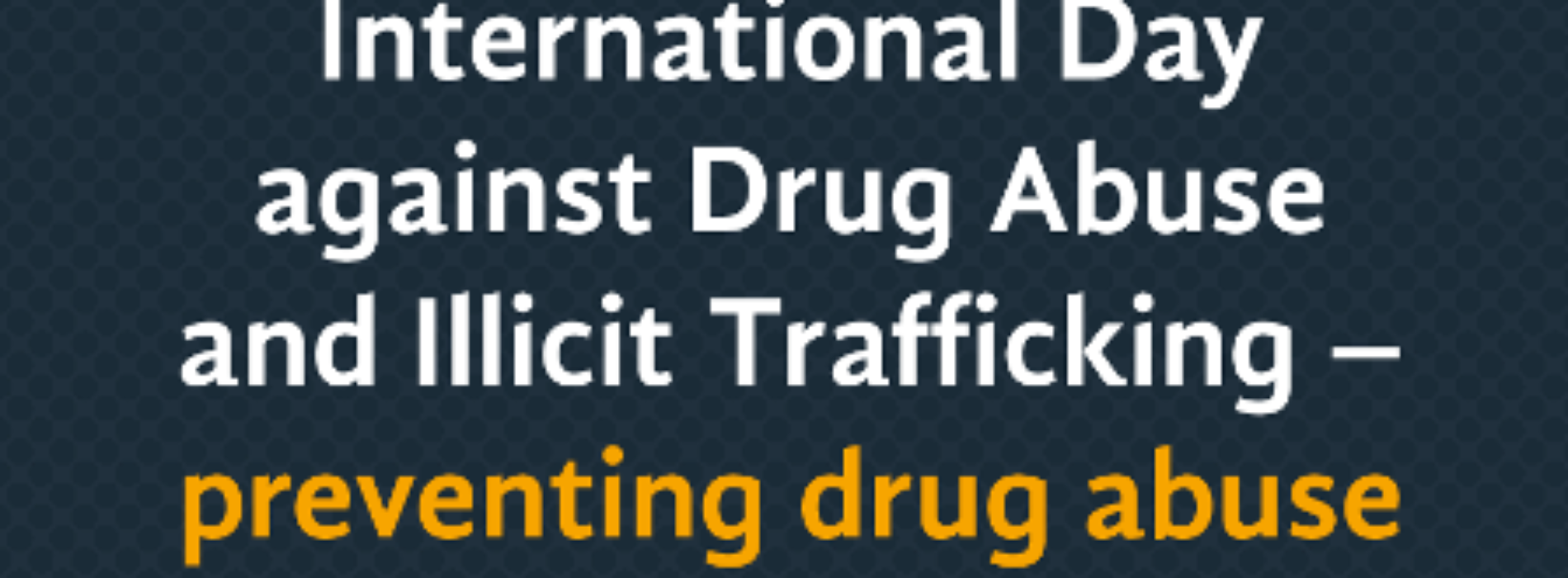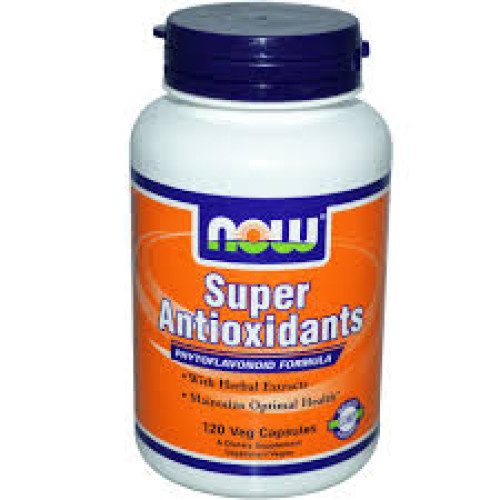35 million people suffer drug use disorders globally – UNODC report reveals on International Day Against Drug Abuse and Illicit Trafficking
As the International Day Against Drug Abuse and Illicit Trafficking is marked worldwide today, the World Drug Report 2020 by the United Nations Office on Drugs and Crime (UNODC) has revealed that no fewer than 35.6 million people suffer from drug use disorders globally. Also, about 269 million people used drugs in 2018, up 30 per cent from 2009.
In a statement to mark the day, UNODC Executive Director Ghada Waly noted that while the increase reflects population growth and other factors, illicit drugs – including opiates and pharmaceutical opioids, cocaine and methamphetamine – are still more available, more diverse and more potent than before, challenging law enforcement, posing greater health risks and complicating efforts to prevent and treat drug use disorders.
“Adolescents and young adults account for the largest share of those using drugs. Of the 11 million people who inject drugs, half of them are living with hepatitis C, and 1.4 million with HIV.
“Only one out of eight people who need drug-related treatment receive it. One out of three drug users is a woman but women represent only one out of five people in treatment. People in prison settings, minorities, immigrants and displaced people also face barriers to treatment due to discrimination and stigma.
“585,000 died in 2017 in relation to drug use, up one-quarter from 2008. Over the past decade, the total number of deaths due to opioid use disorders went up 71 percent, with a 92 percent increase among women compared with 63 percent among men.
“All over the world, we see that risks and consequences of drug use are worsened by poverty, limited opportunities for education and jobs, stigma and social exclusion, which in turn helps to deepen inequalities, moving us further away from achieving the Sustainable Development Goals.
“The COVID-19 crisis has intensified these challenges further still, overwhelming health systems and exposing the fragility of institutions and social safety nets.
“The theme of this year’s International Day against Drug Abuse and Illicit Trafficking, “Better Knowledge for Better Care”, highlights the need to understand drug dynamics trapping so many millions of people in a downward spiral, to inform balanced solutions that are based on scientific evidence, to know better what the issues are and to provide better care for those who need it.
“Health-centred, rights-based and gender-responsive approaches to drug use and related diseases deliver better public health, and we need to do more to share this learning and support implementation, most of all in developing countries.
“Governments pledged to advance such balanced, comprehensive and evidence-based responses in the 2019 CND Ministerial Declaration. In the COVID-19 recovery, we need all countries to act on their commitments, and show shared responsibility to tackle illicit drug supply and reduce demand. We need civil society and youth organizations to continue their efforts to support the vulnerable in their communities.
“Together, we can pursue more effective prevention and protection, to build resilience as we build back better, and leave no one behind, Waly said.
Also a statement by UNODC in Abuja, said the ravaging COVID-19 pandemic – like no other in recent history – has amplified the urgent need for evidence-based drug prevention education in schools, data driven sensitisation and advocacy as well as knowledge-based treatment and counselling services for the more than 14 million drug users, and in particular the more than 3 million persons living with some form of drug use disorder in Nigeria.
The statement cited DrugHelpNet a network of Nigerian drug treatment professionals, volunteering to provide over-the-phone assistance to drug users and their families as one such initiative for helping drug users.
“Born out of the immediate need of ensuring access by drug users to counselling and treatment despite COVID-19 related lockdowns and related restrictions, it has quickly become clear that DrugHelpNet has great potential to help address the far more fundamental drug treatment crisis in Nigeria.
“The 2018 Nigeria Drug Use Survey Drug Use Survey conducted by the Nigerian Bureau of Statistics with the support of UNODC found that 80% of high-risk drug users reported the need fortreatment, yet 40 percent amongst them had been unable to access such treatment despite the willingness to do so.
“The cost of treatment, stigma associated with accessing such services as well as stigma associated with substance use, and the lack of adequate drug treatment services across the country all constitute major barriers in accessing drug treatment in Nigeria.
“All these factors are being mitigated through the creation of DrugHelpNet. Drug users and their families can access the service at no cost, they can do so anonymously and from the privacy of their homes, and counsellors are usually available well beyond the normal opening hours of drop-in-centers,” the statement said.








0 Comments
No Comments Yet!
You can be first to comment this post!